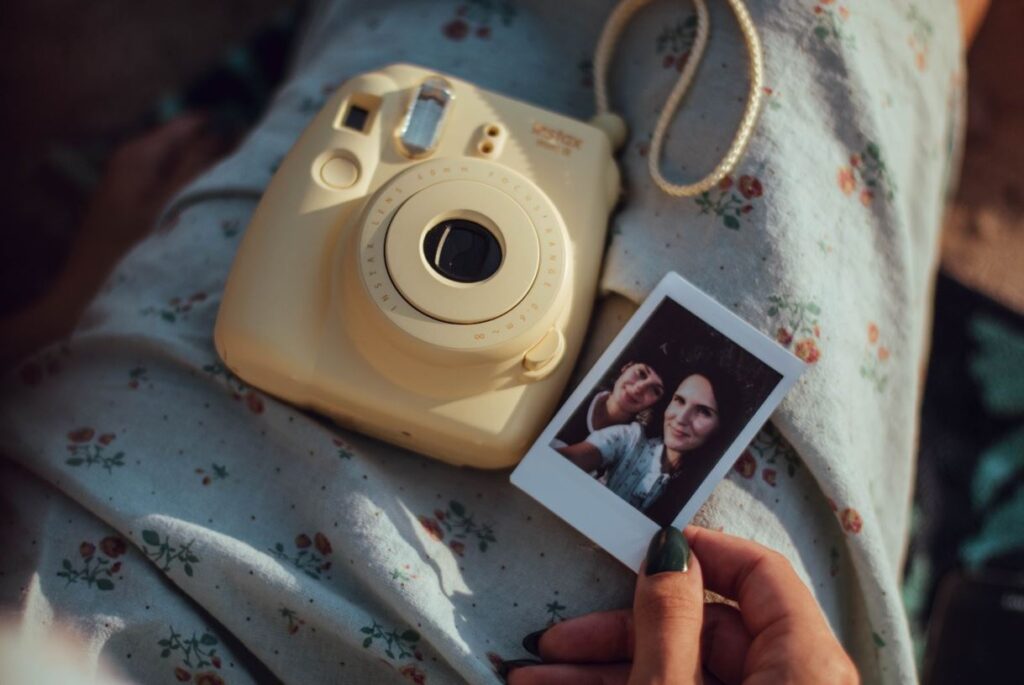Our brains can play games with us at times, and false memory is just another example.
The term false memories refers to a distorted or fabricated recollection of an event that happened in the past. It’s common among individuals to recall a childhood event falsely, or have a memory of something that did not actually happen.
Are False Memories Really Real?
Not just real, false memories are quite common. That’s because human memory is easy to manipulate and is pliable. In a sense, getting incorrect information related to a past event can manipulate or distort your memory of that particular event.
Your existing knowledge of a particular thing can have an impact on your memories of the past, which leads to a newly formed recollection that does not accurately reflect the reality.
Moreover, in certain specific scenarios, a person can be provided with false information and made to believe that it’s the truth.
Does that mean you should question your memories?
Well, given the fact that our recollections tend to get affected as our view of the world changes or as we gather new information, it is legitimate to question how much of what you remember could be a misperception and what’s reality.
How to identify a false memory?
There can never be a final judgement on whether your memories are real, distorted, or utterly imaginary with material evidence. Your memory can either be completely accurate, flawed slightly, or increasingly incorrect.
Just as your memories can be altered, they can be reversed as well. You can reroute your false memory to the true one by thinking closely about the details of that specific event and recreating the event in your mind.
All in all, know that human memory is not a recording device. Your memory can be changed either by you yourself, or by any other person who’s able to influence your thinking.
